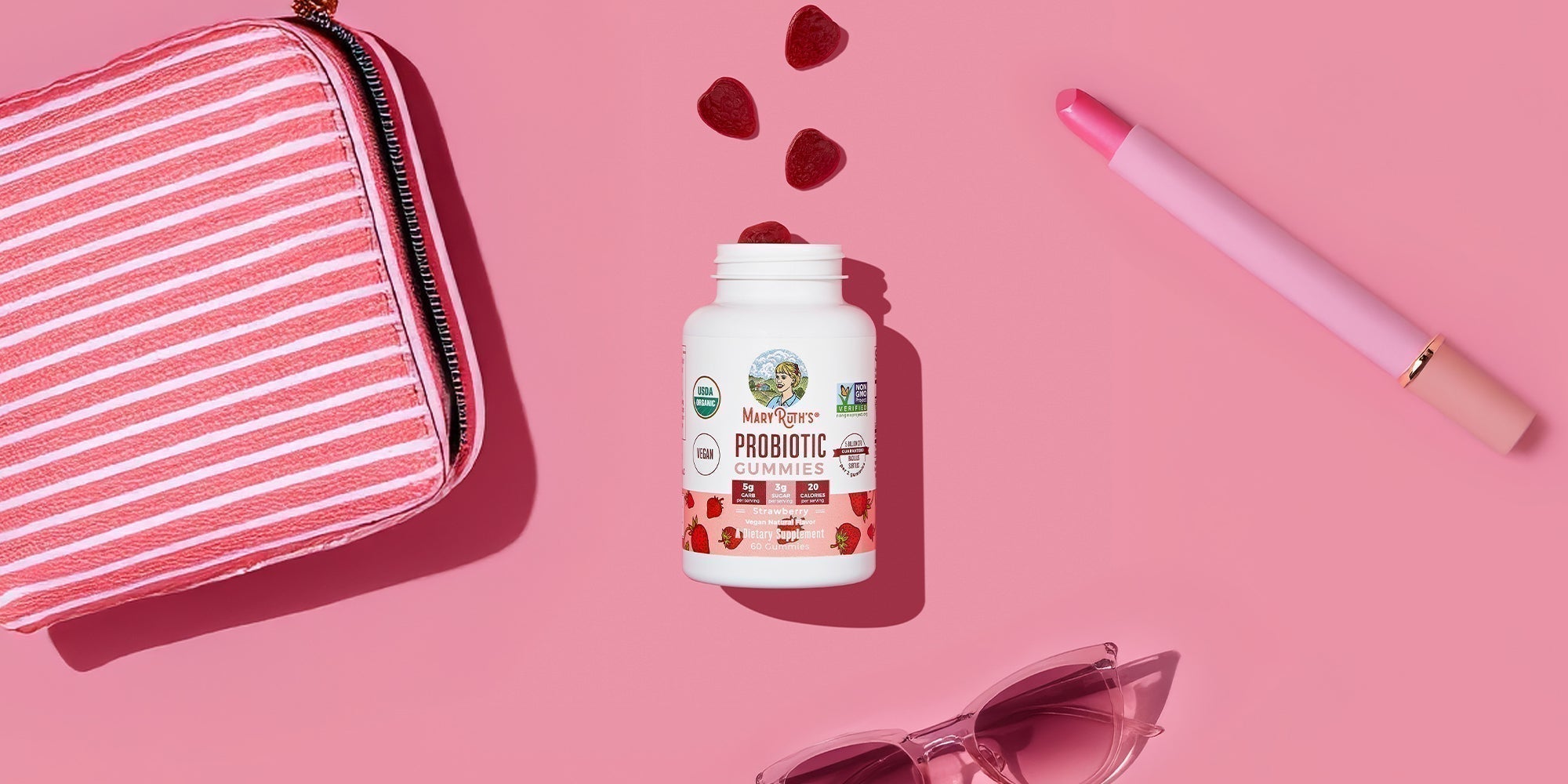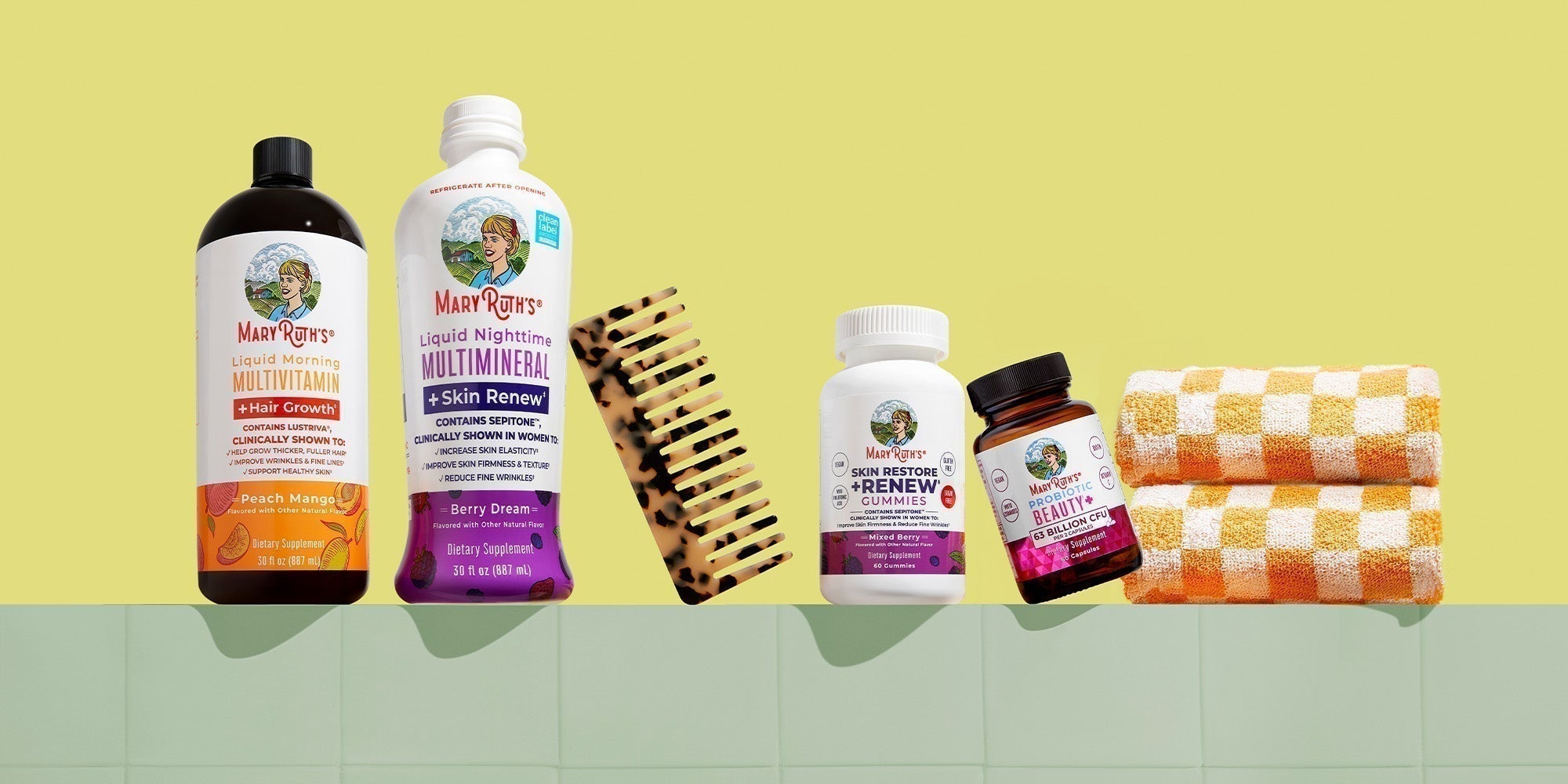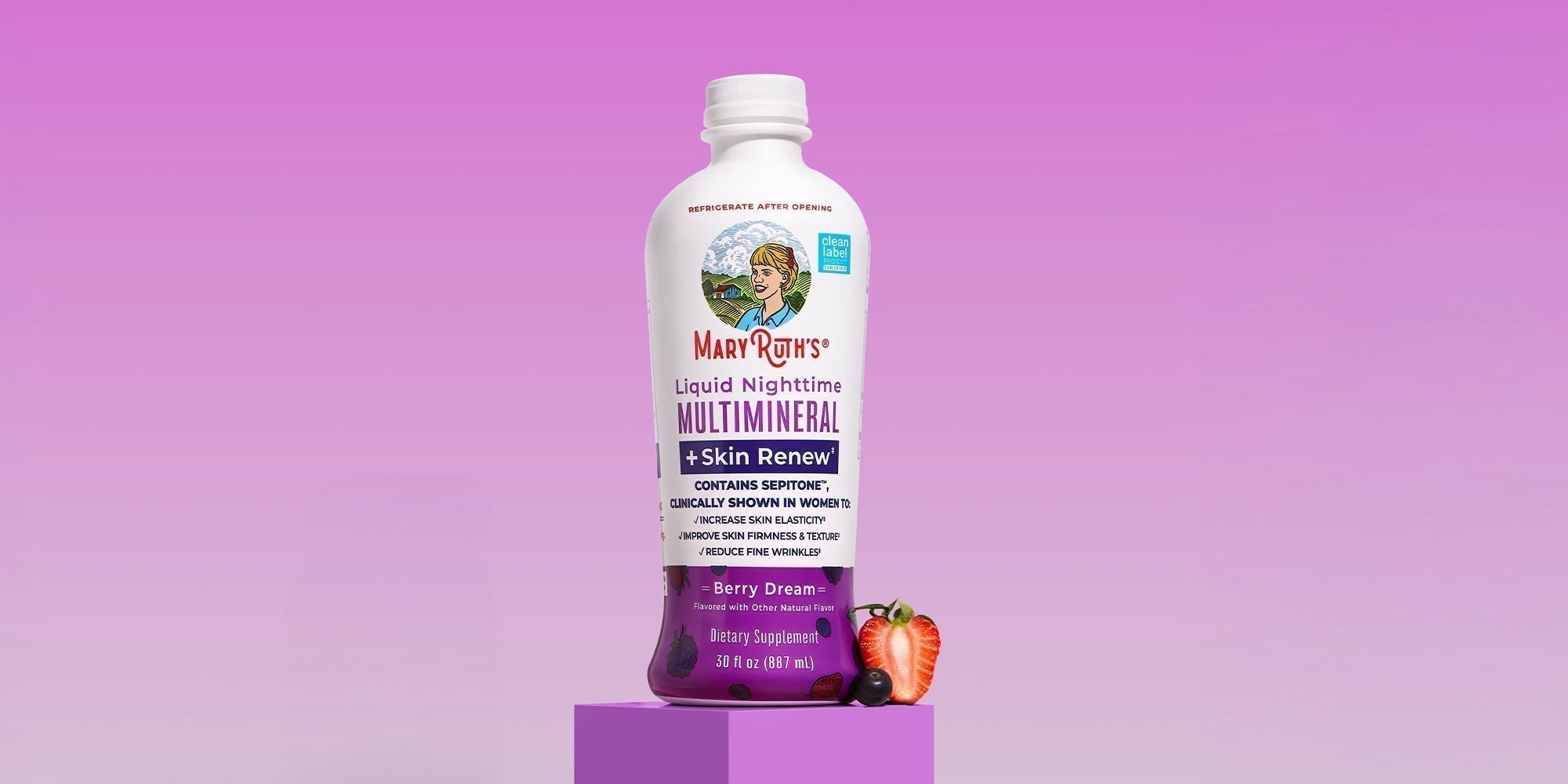What is Zinc?
Zinc is an essential nutrient that plays an important role in immune function, skin health, and more. You can get zinc from dietary sources – some plant-based foods and many animal-derived foods contain zinc – or from supplements.
Your body doesn’t naturally produce zinc on its own – it’s a mineral, which means it’s an inorganic substance that plants and animals don’t produce – so you’ll need to include it in your diet via food or zinc supplements.
Which Plant-Based Foods Contain Zinc?
Zinc is found in high amounts in many animal products. It’s one mineral that some vegans may struggle to get enough of from dietary sources, which makes a zinc supplement a great idea for plant-based eaters.
However, although zinc is rarer in plant-based foods, there are still several reliable vegan sources of this important mineral. They include:
- Some nuts
- Fortified grains
- Legumes (peas, beans, lentils, etc.)
- Soy products
- Oats
- Mushrooms
Some plant-based sources of zinc will only give you a nominal amount of your daily recommended value.
Since zinc is less abundant in a vegan diet than in a diet that contains animal products, taking a zinc supplement each day is an excellent choice to keep from developing a deficiency.
How Much Zinc Do You Need Per Day?
The recommended daily intake of zinc for adults is 8 mg for women and 11 mg for men. Zinc can also be safely given to infants and children in liquid form. The recommended daily value for infants and children is around 3 mg.
MaryRuth’s liquid zinc drops contain 11.25 mg of zinc per serving. Our infant's liquid zinc contains 1 mg of zinc per serving, and our toddler liquid zinc contains 3 mg of zinc per serving.
How Much Zinc is Too Much?
Taking too much zinc can cause uncomfortable side effects in some cases. However, these side effects are uncommon if you stay relatively around the recommended daily amount of zinc each day. Although higher doses of zinc can be safe, they are more likely to cause side effects, which can include:
- Headaches
- Vomiting
- Nausea
- Indigestion
If you’re taking high doses of zinc and experiencing any of these symptoms, it’s important to lower your intake immediately. It’s difficult to get anywhere near an unsafe amount of zinc from dietary sources of the mineral, but supplements can quickly add up when you take them in high doses.
Generally speaking, one dose of a zinc supplement and some zinc-rich foods is enough to get all of the zinc you need for a day.
What Happens If You Don’t Get Enough Zinc?
A zinc deficiency can cause numerous problems for your health. Some of the symptoms of zinc deficiency are just mildly uncomfortable, but others can pose serious threats to your overall well-being.
Below are some of the most common signs of a zinc deficiency.
- Hair loss. Insufficient zinc levels can cause your hair to thin. In addition, a severe zinc deficiency can sometimes cause your hair to fall out. The hair-related symptoms of zinc deficiency may go away once your levels of the nutrient are back to normal.
If you are experiencing hair loss and are unsure of its cause, talk to your doctor. They can help you rule out other potential causes and determine whether a nutrient deficiency is contributing to your hair loss. If your hair loss is nutrient-related, your doctor will likely recommend that you add more zinc-rich foods to your diet or start taking a supplement.
- Immune issues. Zinc plays an important role in keeping your immune system functioning, and if you don’t get enough of this nutrient in your diet, you may be more susceptible to getting sick.
- Digestive/Gastrointestinal Issues. If you’re frequently dealing with diarrhea and other gastrointestinal problems, it may be a sign that your zinc levels are too low. In addition, zinc deficiency can develop if you often have diarrhea.
If you have gastrointestinal problems caused by other health problems, you may end up with a zinc deficiency as a result.
- Weight loss/Loss of appetite. If your zinc levels are low, you may find yourself getting hungry less frequently. This lack of hunger can lead to abnormal weight loss. However, weight loss can also be caused by a wide variety of other health problems. If you’re unsure about what’s causing your weight loss, it’s best to consult your doctor.
In most cases, a zinc deficiency can be treated by simply adding more zinc into your diet. Zinc-rich foods and zinc supplements can both be used to get your levels of the nutrient back to normal.
Product Recommendation
Supplementing With Zinc May Benefit Your Immune System
Many of your cells depend on zinc to stay healthy and strong. Healthy, strong cells can successfully proliferate – proliferation is the process by which cells multiply, producing two daughter cells.
When you aren’t getting enough zinc through supplements and dietary sources, your immune system can suffer as a result. The cells within your immune system cannot function properly without zinc, and taking a high-quality zinc supplement is one of the best ways to prevent your immune system from getting compromised.
One of the most important groups of cells within your immune system are macrophages. These cells help your immune system fight off harmful bacteria, which can cause you to get sick. When your zinc levels are too low, your immune system's production of macrophages can be compromised.
Zinc Supplements Can Be Beneficial For Your Skin
Your skin cells are full of zinc. For your skin to stay healthy, you’ll need to maintain proper zinc levels by getting enough of the mineral through your diet and supplements. When you get adequate amounts of zinc from food and supplements, you’re taking an important step in caring for your skin.
Zinc Supplements Can Also Help With Gastrointestinal Problems
If you’re frequently dealing with diarrhea and other gastrointestinal issues, you may have a zinc deficiency. Your doctor can help you determine whether your gastrointestinal problems are caused by low zinc levels. If your doctor has concluded that your diarrhea is caused by zinc deficiency, they may have you start supplementing with zinc and see if your symptoms improve.
MaryRuth’s Liquid Zinc: What Makes It Special?
Why should you make MaryRuth’s liquid zinc a part of your supplement regimen? Here are just a few reasons.
- MaryRuth’s liquid zinc is easy to take. If you tend to have trouble taking pills or capsules – or just don’t enjoy it – taking zinc in liquid form can be much easier for you. Your supplement regimen shouldn’t feel like a chore – it should be quick and simple! The easier your supplements are to take, the easier it will be to stick to your supplement regimen.
- Our liquid zinc is unflavored and sugar-free. We skipped the sweeteners to give you a supplement that fits right into a healthy diet. Taking supplements that are sugar-free helps you minimize the overall sugar content in your diet. Even small amounts of added sugar can add up quickly, so make sure to carefully monitor your intake!
- MaryRuth’s supplements are 100% vegan. All of our supplements, including our liquid zinc, are right at home in a plant-based diet. Finding supplements that don’t contain sneaky animal products can be tricky, but we’ve done our best to make it much easier.
- MaryRuth’s liquid zinc is made with glycerin. Glycerin acts as a carrier liquid for zinc, allowing you to take the mineral in liquid form. Normally, zinc has a mineral-like taste which can be a bit unpleasant. However, with the addition of glycerin, the taste of the zinc is much less noticeable. Glycerin also has natural sweetness, which gives our liquid zinc a milder, pleasant flavor.
Ready for your own bottle? You can shop for MaryRuth’s liquid zinc and other immune-supporting supplements here!
Product Recommendation








